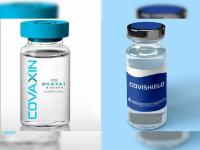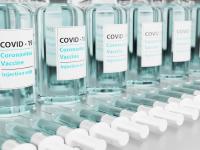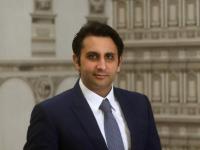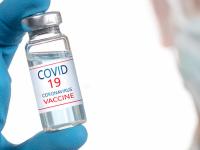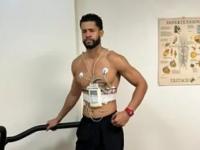Vaccination doesn't guarantee 100% protection, wearing mask is must says, experts
By Lokmat English Desk | Published: January 7, 2021 07:58 PM2021-01-07T19:58:23+5:302021-01-07T19:58:23+5:30
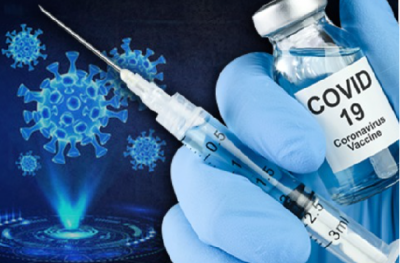
India is ready to launch the world's largest corona vaccination campaign, said Prime Minister Narendra Modi. Modi congratulated the scientists who developed the vaccine on covid-19.
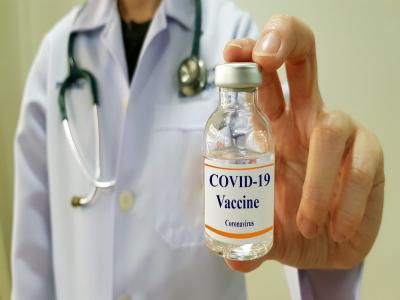
Modi made the remarks on the second day after the two vaccines, Covaxin and Covishield, were approved for emergency use by the Director General of Drugs. Speaking at the Metrology Conference, Modi said that the developed corona vaccine was made in India and the country was very proud of it.
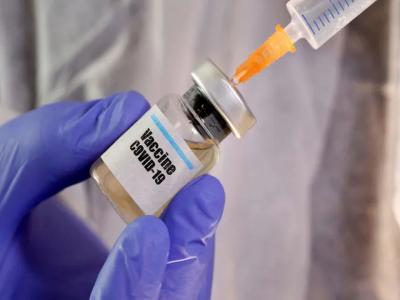
The vaccination will begin in the country within ten days of receiving emergency approval for the corona vaccine, said Rajesh Bhushan, secretary, Union Health Ministry.
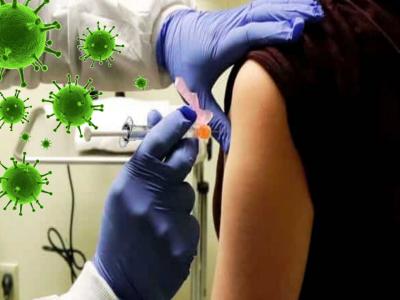
A vaccination team will consist of five people. Giving information about the stock of corona vaccine, Rajesh Bhushan said that primary vaccine stores have been set up in Karnal, Mumbai, Chennai and Kolkata in the country.
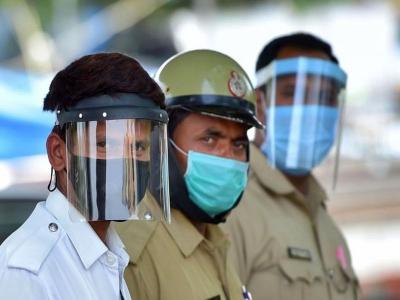
Vaccination will also begin in the country soon. But in the meantime, experts have given a very important piece of advice. Vaccination does not guarantee 100 percent safety. It is said that it is necessary to use a mask.
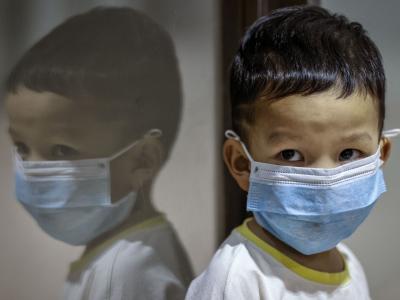
Experts say at present, people must continue to wear masks to protect themselves from contracting the disease.
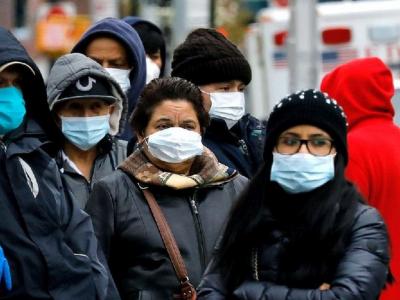
"It will require another 6-12 months before we can let our guards down completely. Although India is planning to start the vaccination drive soon, it would be only by early 2022 by when a majority of the population would be vaccinated. Till then, we have to be on our guards. Wearing masks, maintaining social distance and avoiding outdoor activities is still important," said Dr Bharesh Dedhia, critical care head, at Mumbai's Hinduja Hospital.
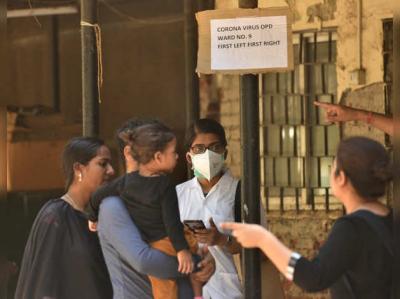
Stressing on the need to wear mask, Dr Mala V Kaneria, consultant, infectious diseases, at Jaslok Hospital and Research Centre said even a vaccinated person will still need to wear mask because vaccines don't offer 100 per cent protection, especially if the virus mutates.
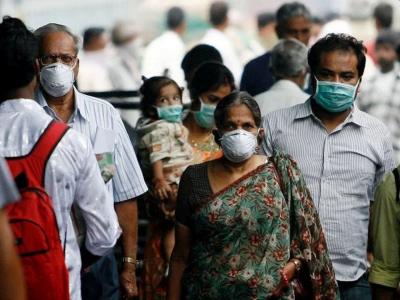
"A person can get infected even after vaccination. Besides, vaccines take about a fortnight to develop antibodies. If the vaccinated person is exposed to the virus before that, they could get infected," Dr Kaneria said.

Speaking about the vaccination drive and the challenges that India may face in executing the task, Dr Kaneria said it will be a "mammoth task" for the State. "Though India has the largest health programme as far as immunization is concerned, vaccinating a billion people will be a daunting task."
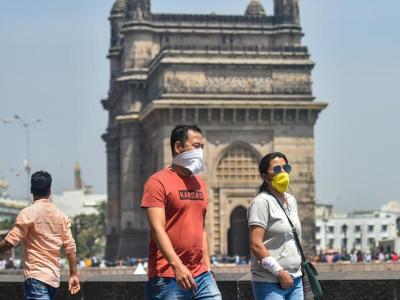
Dr Lancelot Pinto, consultant pulmonologist, at PD Hinduja Hospital and MRC said there are three main reasons why people must continue wearing masks even after being vaccinated.

"Firstly, efficacy of the vaccine is not 100 percent. In fact, the Oxford vaccine has an efficacy of about 70 per cent with two standard doses, and studies on Covaxin is still undergoing. Secondly, studies have been designed to look for Covid-19 disease, and not the infection. One could still theoretically get infected and not diseased despite being vaccinated. Such individuals could spread the infection. Wearing masks will prevent this spread. Thirdly, it will be an operational nightmare to police those who have been and have not been vaccinated and have a differential masking policy."
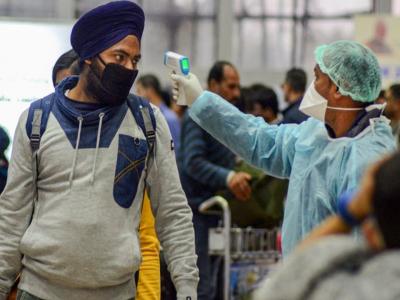
Asked if a person can still get infected after vaccination , he said the published efficacy data of Oxford vaccine with two full doses is not high."So, one could get infected even after vaccination. The hope is that once a significant proportion of the population is immune, either through vaccination or a past infection, the transmission of the virus will die down, resulting in a herd immunity," he said.


















